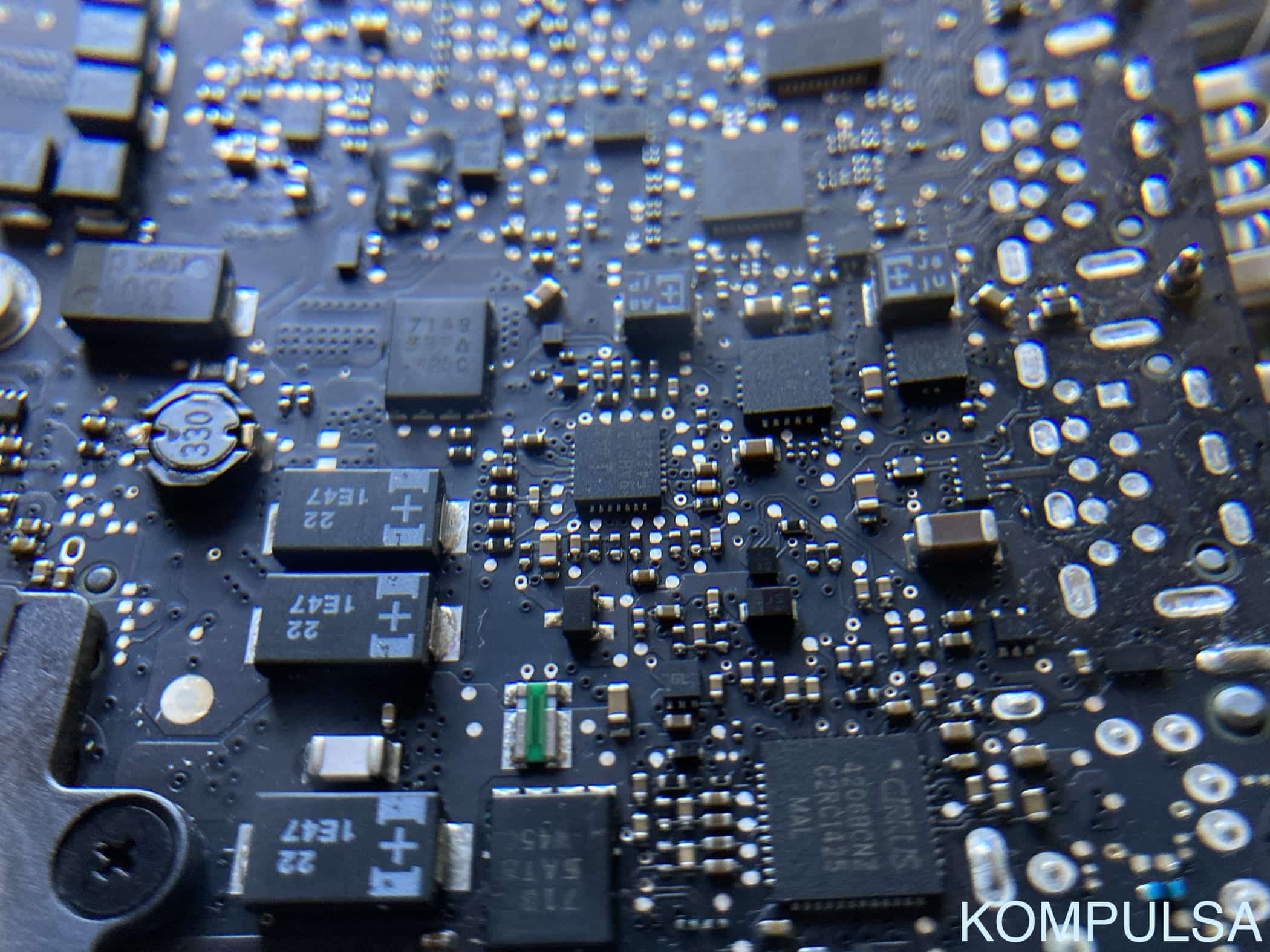IOHK has confirmed that the ‘Goguen’ update is being rolled out on the Cardano blockchain, and within that series of changes the ‘Mary’ protocol update will occur on March 1, 2021. Previously tested on the Cardano testnet in early February, the Mary protocol update enables the creation of native tokens that can be transacted on the Cardano blockchain just like its official token — ADA. Smart contracts are also part of the Goguen update, and they are computer programs that will run on Cardano’s blockchain.
What Is a Testnet?
A testnet is a test environment built for developers to deploy and test new software. This enables developers to discover bugs and security vulnerabilities before launching on the corresponding project’s mainnet. The mainnet is where the real tokens are, and bugs would put users’ funds in jeopardy if they were deployed to it. Cardano’s creators have been (understandably) criticized for taking years to implement smart contracts and native tokens. Supporters of the project argue that the lengthy roll-out of this functionality is due to meticulous testing (also understandable, and a sound reason if true).
Ethereum — another blockchain-based smart contract platform has provided users with the ability to deploy new tokens that conform to the ERC-20 and ERC-721 (NFT) token standards for years. This functionality led to Ethereum becoming the world’s largest launchpad for blockchain and cryptocurrency projects. It also helped Ethereum become the world’s largest smart contract platform. Cardano stands to benefit from significant growth if developers can be convinced to switch to it, and use it to launch their own projects.
There are several Ethereum-based projects struggling with high gas fees (gas is a fee charged for transactions on the Ethereum network to pay miners). During times of great congestion, Ethereum gas fees often soar past $50/transaction. This has thrown a damper on the highly promising decentralized exchanges (DEX), loan dApps, among other fascinating smart contract-based technologies running on Ethereum.
Ethereum is Proof-of-Work-based (PoW) and Cardano utilizes a Proof-of-Stake (PoS) consensus mechanism to achieve low transaction fees. There are many other smart contract platforms utilizing variants of the PoS consensus mechanism (for example: EOS and Tezos).







